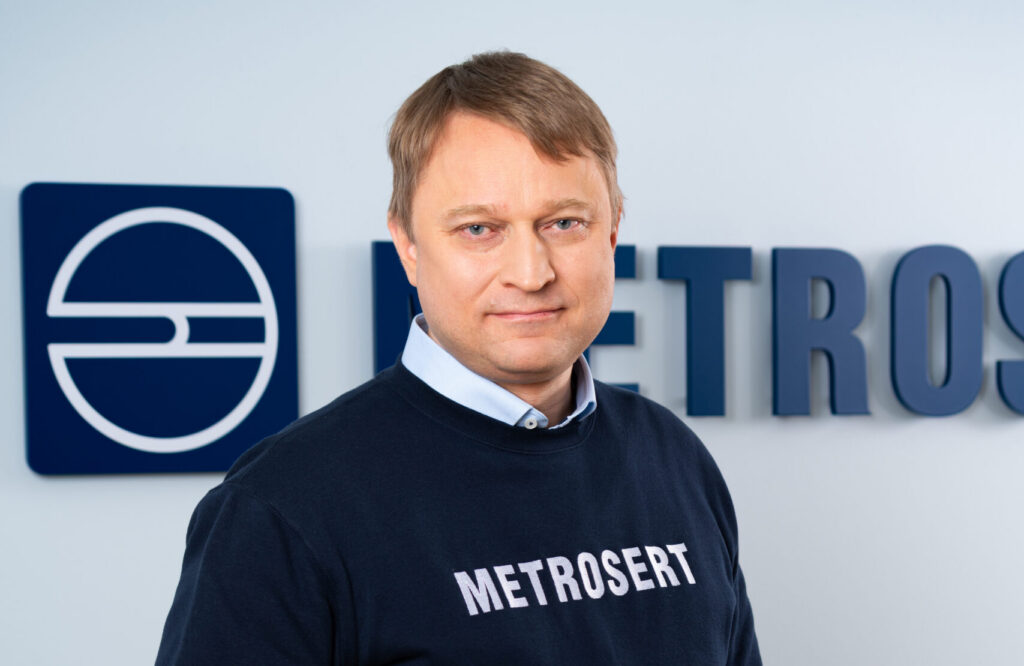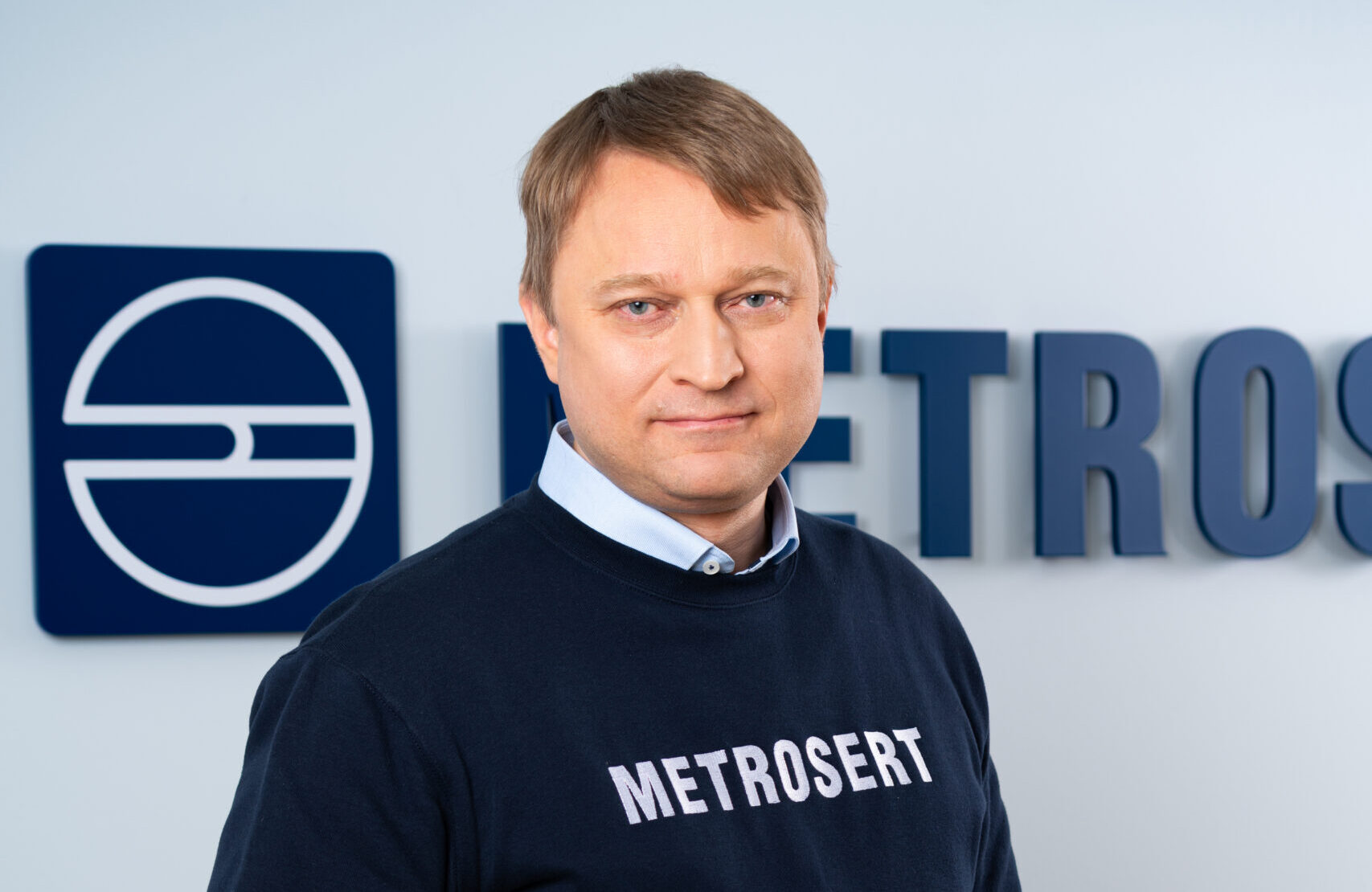Rainer Kivimäe, Head of Drone Technologies at Metrosert, raises a critical question: How close are we to the moment when an autonomous drone makes decisions instead of a human – and who is then responsible?
The development of artificial intelligence and drone technology has reached a point where the question is no longer just about technical capability but also about ethical, legal, and security concerns. Rainer Kivimäe, Head of Metrosert’s Drone Technologies Division, emphasizes that autonomous decision-making – especially in situations involving human lives – requires a much stricter framework and carefully designed control mechanisms.
“If a drone loses contact with its operator and continues its mission autonomously, who is responsible if it makes a mistake?” Kivimäe asks. Today’s technology already allows drones to process data on-site, make decisions in real time, and operate without direct human intervention. This level of autonomy increases efficiency – but also introduces new risks.

More Than Just Military Technology
Although the public often associates autonomous drones with military scenarios, Kivimäe stresses that peacetime applications are already all around us: in agriculture, forestry, rescue operations, and the logistics sector. With the help of AI, drones can assess crop health, detect damage, or manage traffic during crisis situations.
“One thing is certain: technology is neither good nor bad. Technology is an amplifier. The real question is – in whose hands is this amplification?” says Kivimäe.
Metrosert’s Role: Science, Assessment, and Responsibility
At Metrosert, we focus on testing autonomous drone systems, evaluating the reliability of sensors, ensuring algorithm transparency, and exploring the security and ethical dimensions of these technologies. Our goal is to be a trusted partner in evaluating emerging technologies to ensure their safe and responsible integration into society.
Kivimäe’s commentary is not just a technical analysis but also a call for public discourse. “We cannot stop progress, but we can guide it,” he states.
Metrosert believes that the development of autonomous systems must go hand in hand with transparency, trustworthiness, and human-centered values. Rainer Kivimäe’s work and perspectives are part of this broader vision.
